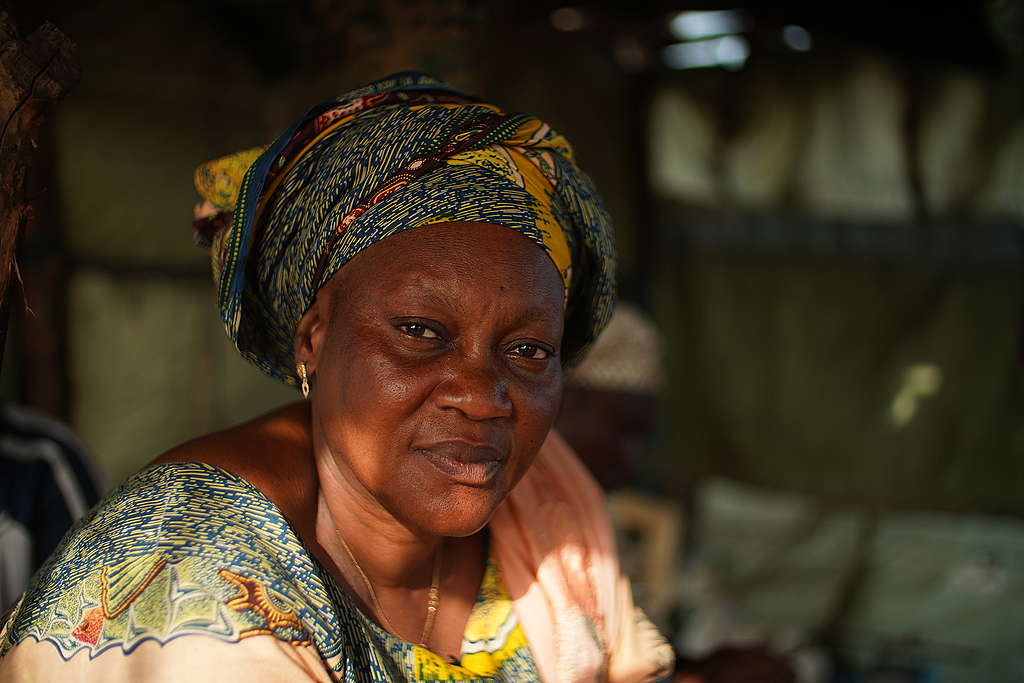Dakar, 7 September 2021 – Greenpeace Africa revealed today that a new fishmeal and fish oil factory has opened in Sandiara, Senegal, the second such opening this year after a factory in Cayar began operations. The Senegalese government’s decision to allow the OMEGA and BARNA factories to operate, in the areas of Sandiara and Cayar respectively, appears to break its promise to halt the spread of an industry that is destroying livelihoods in coastal communities across West Africa.
“The fishmeal and fish oil factory called BARNA is built in a residential area, with terrible consequences on the health and living conditions of the population. Indeed, since the factory started its activities, a nauseating smell has been stinking the whole town and the surrounding areas. Mysterious diseases have appeared among the population,” said Mor Mbengue of the Takhawou Cayar collective.
Senegal’s Ministry of Fisheries and Maritime Economy previously committed not to authorize the installation of new fishmeal and fish oil factories, following recommendations by the Ministry’s own national consultation. These recommendations included a freeze on the issuing of new permits for the establishment of fishmeal and fish oil plants. [1]
Meissa Ndaw, a fisherman based in Mbour, also expressed his concern about the establishment of the Sandiara fishmeal factory: “The authorities should manage the fisheries sustainably. They need to take courageous management measures, so that fishing communities can continue to live from their profession. If the establishment of fishmeal and fish oil factories continues, many small-scale fishing operations will disappear within a few years.”
For some years the government has allowed the number of fishmeal and fish oil plants in Senegal to grow, and has failed to manage the local small pelagic fish stocks, including sardinella, bonga and horse mackerel. In recent years this has led to an unprecedented economic, social and environmental crisis with disastrous consequences for fishermen, fishmongers and mostly female fish processors.
Small-scale fishing in Cayar, Saint-Louis, Joal, Kafountine and other parts of coastal Senegal once sustained large numbers of jobs and brought plentiful food to local communities. But as fish stocks have declined, the work has become laborious and less profitable, and fishers and their families have been left in desperate situations.
Greenpeace Africa reaffirmed its support for fishing communities and called upon the Senegalese government to:
- Implement the recommendations of the national consultation on fishmeal and fish oil factories, in particular the freezing of authorizations for the establishment of new factories in Senegal;
- Prohibit the use of fresh fish by fishmeal and fish oil factories and limit them to using only the by-products of factories and sites that process fresh fish;
- Diligently pursue the signature of the decree of recognition of the artisanal processing of fishery products; and
- Publish the list of vessels authorized to fish in Senegalese waters for greater transparency in the management of fishery resources.
ENDS
Notes
[1] “Alioune Ndoye confirme le gel de l’installation de nouvelle usines de farine de poisson”
Contact:
[email protected]
For interviews:
Dr Aliou BA
Interim Senior Oceans Campaign Manager
[email protected]
For news updates:
Follow Greenpeace Africa on Twitter
 Get Involved
Get Involved
